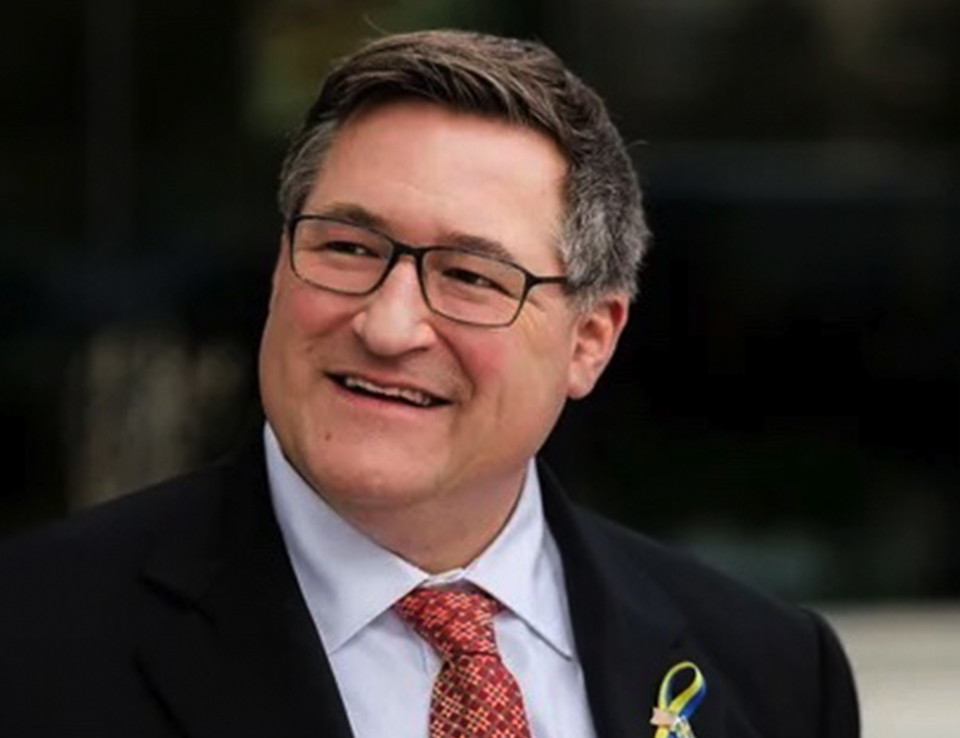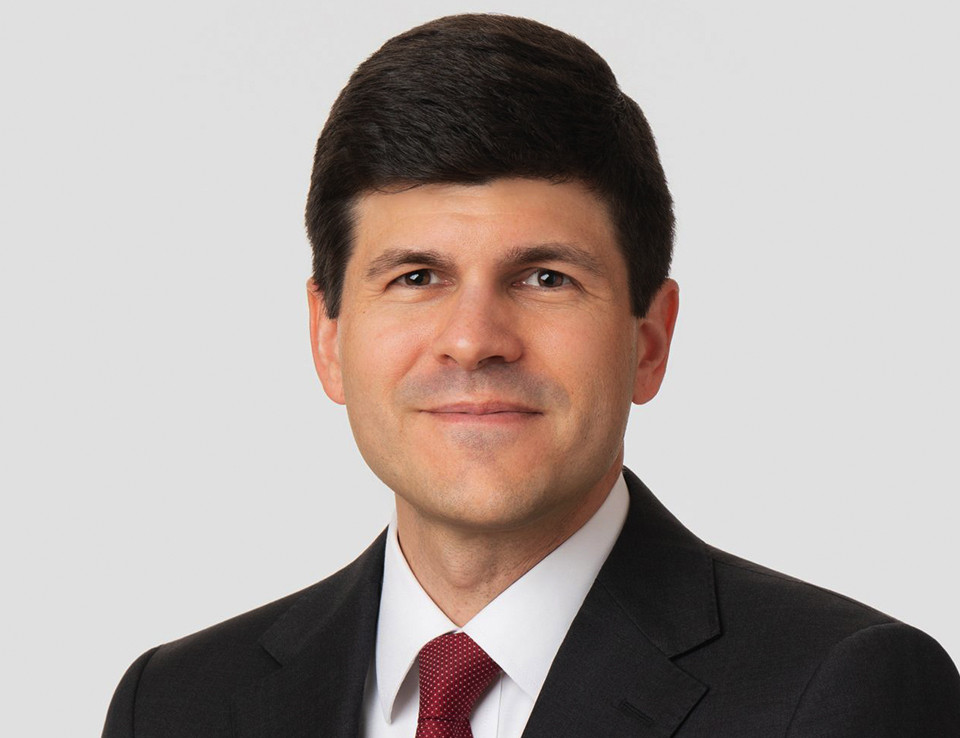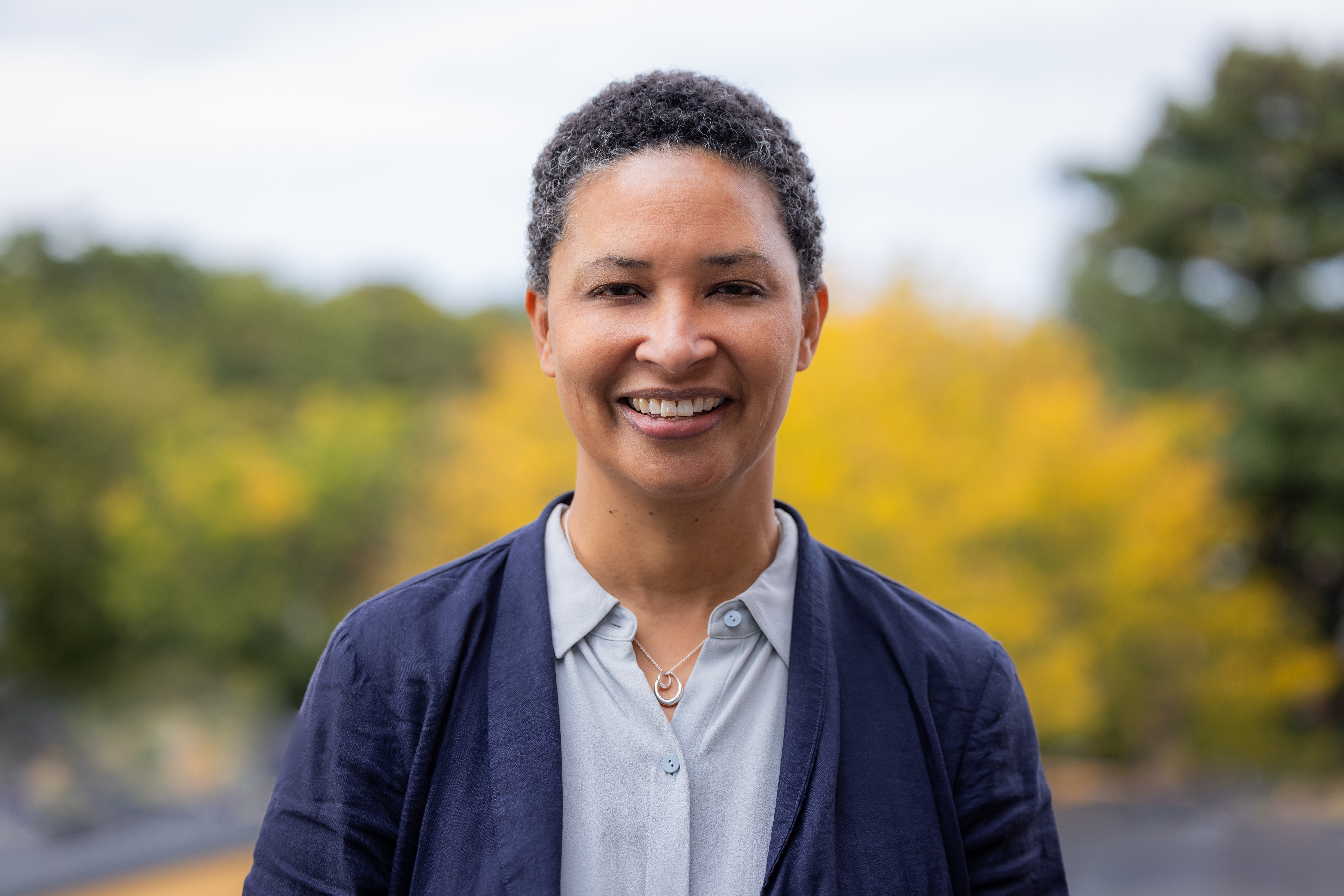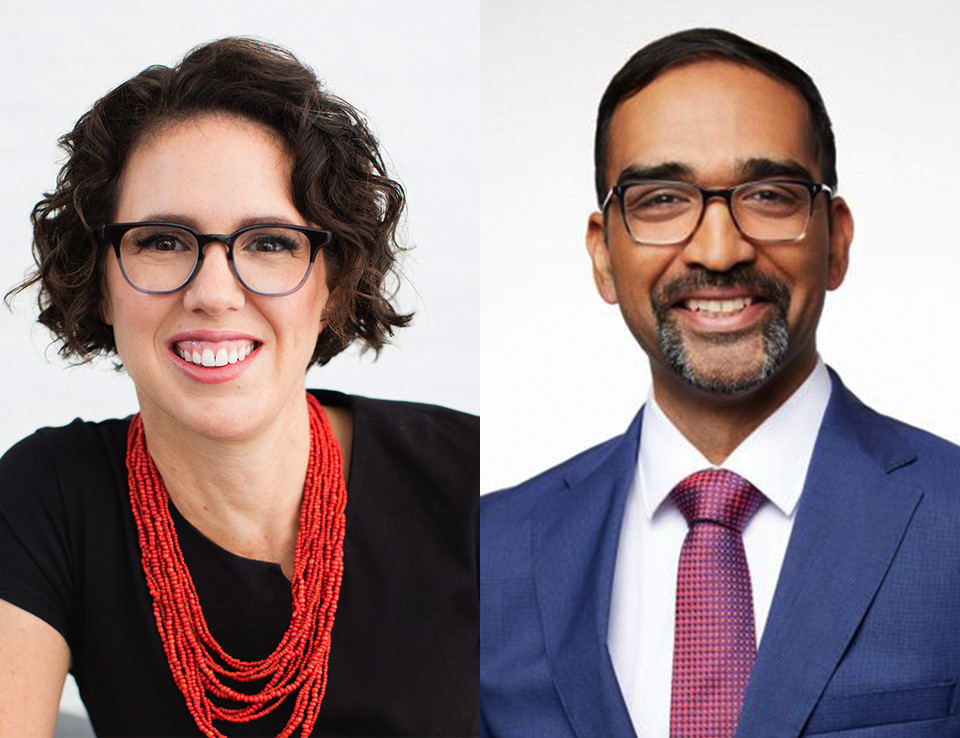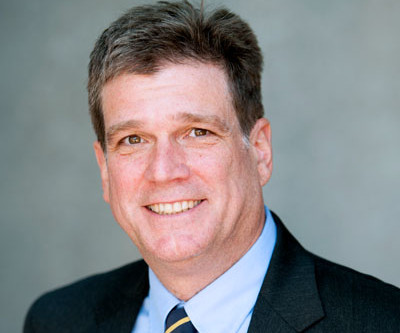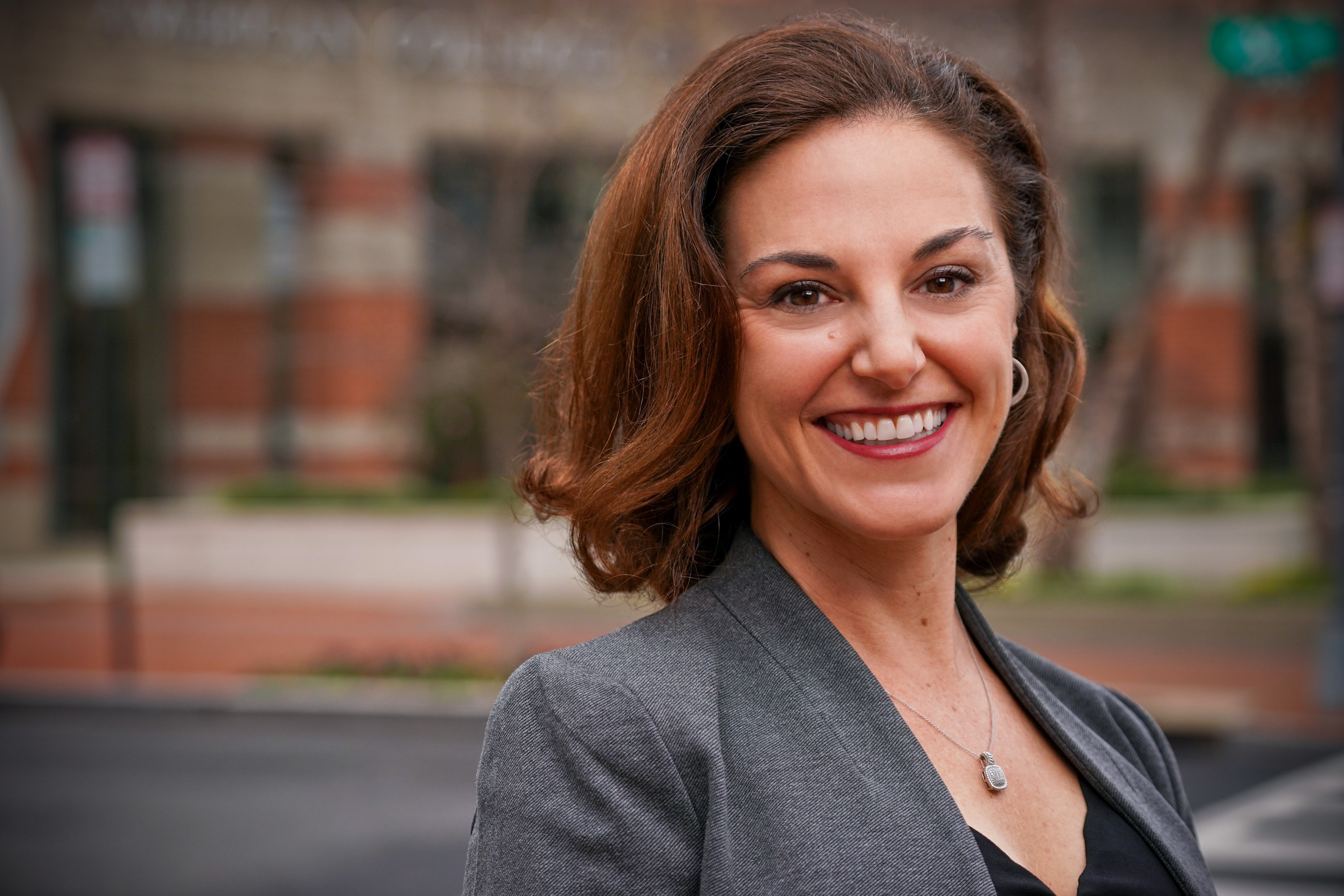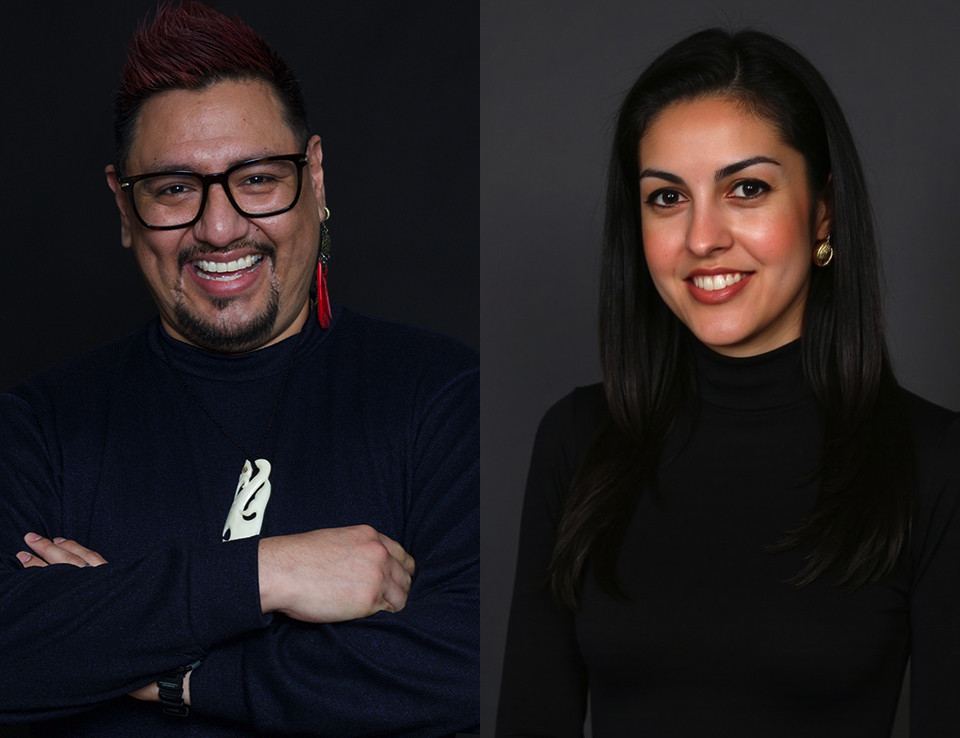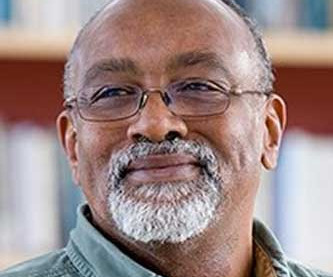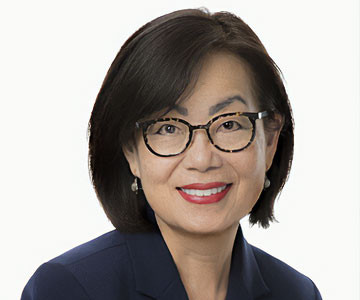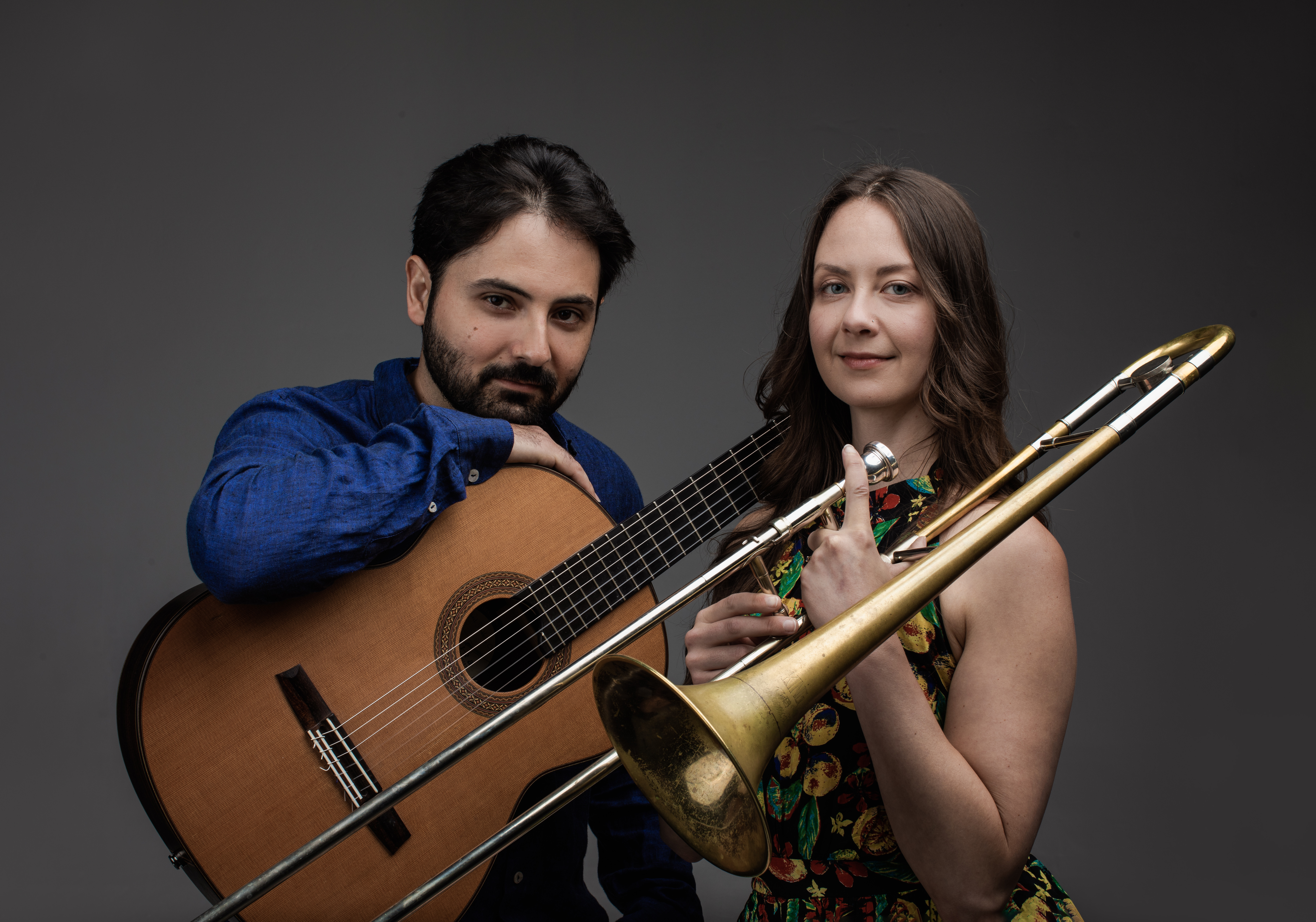Students, Faculty, and Staff:
Please sign up using the “Register for this event” button. This will register you for the reception and meal.
Alumni and Parents:
Please visit the alumni and parent engagement website to register.
Tue, February 17, 2026
Lunch Program
Philip Wallach, in a moderated conversation
Tue, February 17, 2026
Dinner Program
Danielle Allen
Wed, February 18, 2026
Dinner Program
Amy Gallo and Ryan Patel, in conversation
Thu, February 19, 2026
Lunch Program
Sean Kennedy
Thu, February 19, 2026
Dinner Program
Melissa Kearney
Fri, February 20, 2026
Lunch Program
Cristian Eduardo and Yasmin Vafa
Tue, February 24, 2026
Dinner Program
Glenn Loury, in conversation with Michael Fortner
Wed, February 25, 2026
Dinner Program
Terry Tang, in conversation with Terril Jones
Thu, February 26, 2026
Dinner Program
Ian Faquini and Natalie Cressman
Fri, February 27, 2026
Lunch Program
Blake Chalson, Hilary A. Haskell, Robert Owlett, and Philip Trapp

